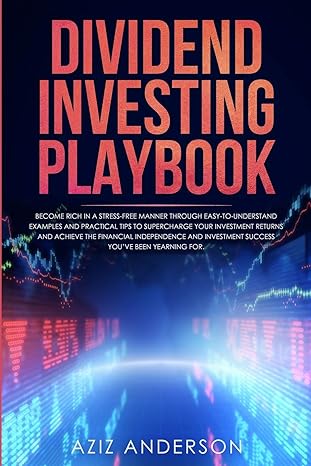Question
Case 1 Fraud in a Small (Very Small!) Business This is a case from my experience working for a public accounting firm with small businesses
Case 1 Fraud in a Small (Very Small!) Business
This is a case from my experience working for a public accounting firm with small businesses back in the late 1980s, before PCs were abundant, before laptops existed. This particular small business consisted of the owner (a professional), a part-time professional, and a part-time receptionist/bookkeeper/office manager. My responsibilities were to spend one morning at the company each quarter, balance the checkbook, review the bookkeeping, collect data, take it back to the office, and have financial statements on the partners desk by 5:00. The company kept books manually (like everyone else before computers!) so that when a check was written, carbon paper copied the same information onto the journal. The owners niece was the office manager, and the books were kept beautifully, always in balance, any questions about the correct debits or credits highlighted. But the owner used petty cash like it was his own wallet, and charged haircuts, lunch, and other minor personal expenses to Office Expense. I always advised him, and put in my notes, that he should keep the business and his personal expenses separate. The owner watched me carefully when I was there, concerned about the accounting bill, since every dollar he paid to the accountant was one less dollar available to him and his family just like most small business owners.
The niece graduated from college and trained a new bookkeeper. When I came in the next quarter, the books were a mess. The new bookkeeper often used a felt-tipped pen, so the carbon didnt transfer the check information. Most of the checkbook was blank or illegible. The few items clearly recorded in the checkbook didnt match the bank statement. When the owner checked on me, I told him that I would not be finished in time because I had to reconstruct 2 months of accounting records from the bank statement and cancelled checks. I started going through my list of questions. There was an unusually large check for postage, so I asked whether they had done some type of mailing. He said no, and started looking at other checks. Then he said that it was not his signature on the checks. That was on my list of questions had he hurt a finger, or wrist, or arm that had caused his signature to change over the 2 months? He said no.
Further investigation and talking to the bookkeeper revealed that her daughter was getting married, and she needed to get postage to send out the invitations, so she used the company check. Actually, she used quite a few company checks. Her rationale? The owner takes money out of the company all the time. Why shouldnt she?
Questions:
1. What accounting principle was the owner violating?
2. What internal controls were absent?
3. What internal controls should be implemented?
4. Studying why people commit fraud helps to create systems that can prevent fraud. The fraud triangle describes the reasons why people commit fraud pressure, opportunity, and ethical or moral foundation/rationalization. Apply these 3 factors to the bookkeeper.
Case 2 Fraud in Your Small Business
You are the owner of a propane gas distributor in a small Midwestern town. One of your accounting clerks is Dylan. Dylan has a brother Mike who is out of work, unemployed. Dylan has been helping Mike as best he can, but his salary as an accounting clerk is not enough to support two homes. By January, it was brrr-cold, and the brothers didnt have enough money to pay all of the bills. Mike needed propane delivered or he wouldnt be able to heat his home. Dylan decided to make an entry debiting Parts Inventory and crediting Accounts Receivable for Mikes account. The Parts Manager is your son, and as much as you love him and have tried to bring him along in the business, he is just not very good at his job. Dylan thought the Parts Manager would never notice the entry that he created to help his brother heat his home. Dylan made the same entry several times over the next few months. One day in the Spring, the Controller was randomly looking over the accounting records and noticed the unusual journal entries. When you, the owner, fired Dylan, you said that you wished he had come to you and told you about Mikes situation, that something could have been worked out.
Questions:
5. In retrospect, what did you as the owner do right? What did you do wrong?
6. Why did you fire Dylan? What can a business like this do to prevent employee fraud of this kind?
7. What effect would Dylans actions have on the balance sheet? The income statement?
8. How much discretion does a business have with regard to accommodating hardship situations?
Step by Step Solution
There are 3 Steps involved in it
Step: 1

Get Instant Access to Expert-Tailored Solutions
See step-by-step solutions with expert insights and AI powered tools for academic success
Step: 2

Step: 3

Ace Your Homework with AI
Get the answers you need in no time with our AI-driven, step-by-step assistance
Get Started


